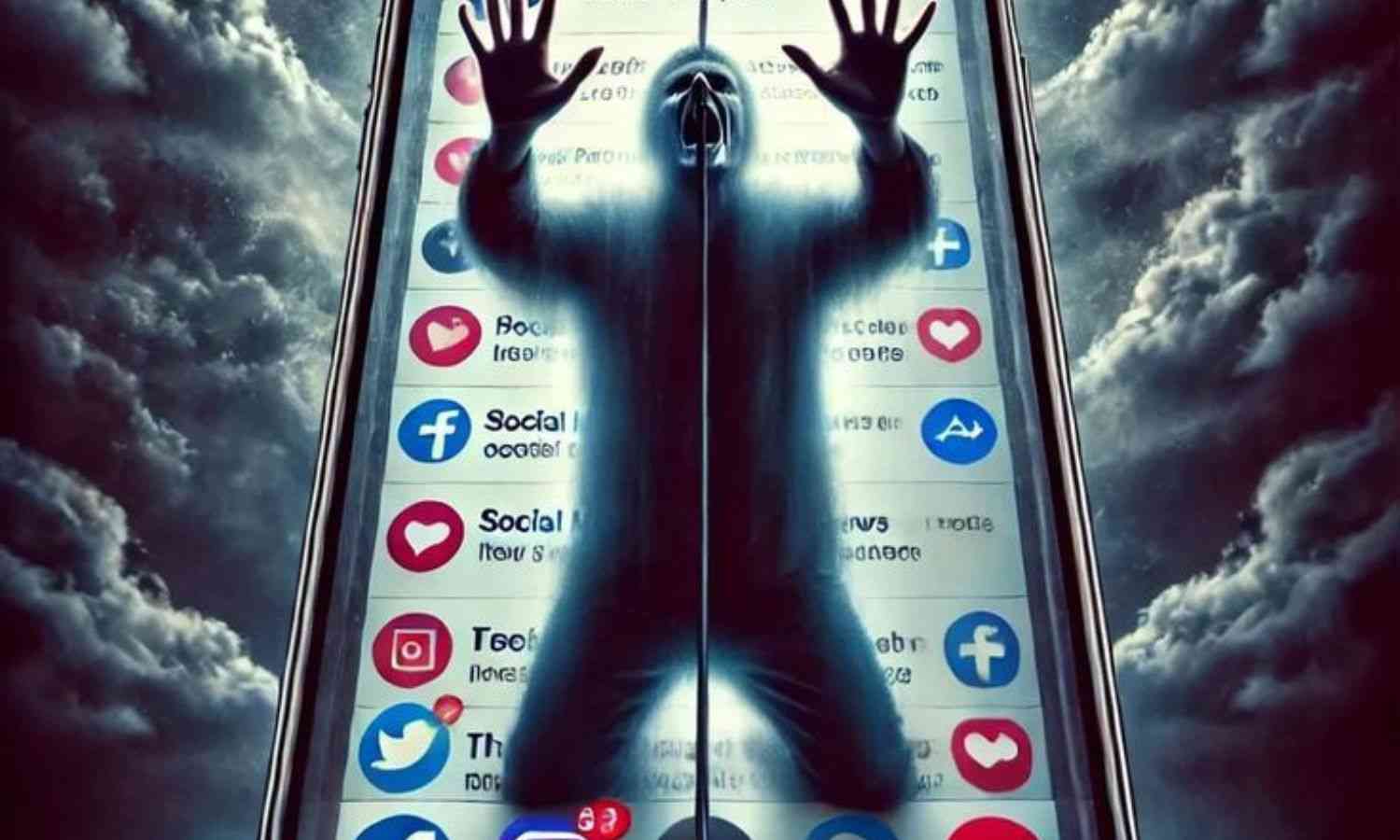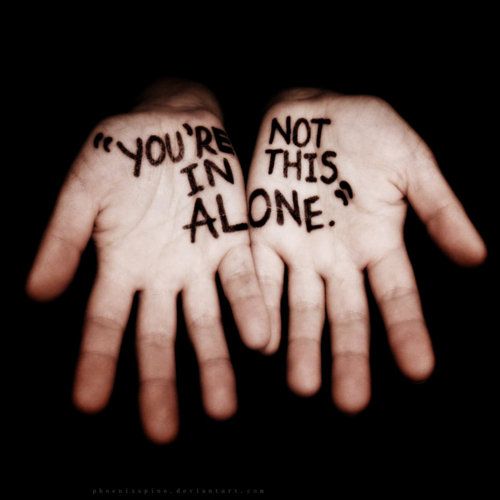To tackle rising student stress and suicides, AIIMS Delhi has rolled out a new AI-powered support app, “Never Alone.”
New Delhi, September 11, 2025 – On World Suicide Prevention Day, the All India Institute of Medical Sciences (AIIMS) in Delhi unveiled an ambitious mental health and wellness initiative dubbed “Never Alone”, aimed at confronting student suicides and the mental health crisis among India’s youth. Designed for round-the-clock access and built to be both affordable and stigma-free, the programme seeks to offer screening, counseling, intervention, and follow-up services via a secure, AI-assisted app accessible over WhatsApp and QR codes.
‘Never Alone’: AIIMS Delhi’s AI-Powered Lifeline for Students’ Mental Health
A core goal is to reduce stigma around mental health and make help available anonymously and in real time. This reflects a broader global trend: scaling mental health support through technology, especially for younger populations under academic, social, or financial stress. The initiative may set a model for other public institutions in India and similar settings where mental health resources are scarce.
What “Never Alone” Offers
24/7 Access and Multichannel Support
-
The app provides 24x7 virtual and offline consultations with mental health professionals, including both counselors and psychiatrists.
-
It is web-based, with access through WhatsApp and QR codes, making it more accessible to students who may already use these platforms.
Screening, Intervention, and Follow-Up
-
The programme encompasses three key stages:
-
Screening using clinically standardised frameworks (for example, criteria aligned with DSM—Diagnostic and Statistical Manual of Mental Disorders) to identify symptoms in students.
-
Intervention, where identified students can consult mental health experts virtually and in person.
-
Post-intervention follow-up to monitor progress and provide ongoing support.
-
Cost & Institutions Involved
-
Cost to institutions (for private or non-AIIMS bodies) is ₹0.70 per student per day for the base screening service.
-
All AIIMS institutions will have access free of cost, facilitated via the Global Centre of Integrative Health (GCIH), a not-for-profit framework mentored by AIIMS alumnus Dr Deepak Chopra.
Roll-Out & Scope
-
Initially introduced at AIIMS Delhi, AIIMS Bhubaneswar, and the Institute of Human Behaviour and Allied Sciences (IHBAS), Shahdara.
-
Institutions interested in subscribing to the service must contact AIIMS Delhi to do so.
_1757585566.jpeg)
The Urgent Context: Why “Never Alone” Is Needed Now
Rising Student Suicides & Mental Health Crisis
According to the National Crime Records Bureau (NCRB), 170,924 people died by suicide in India in 2022, the highest number in over half a century. Among those, young adults aged 18-30 accounted for 35% of suicides; those aged 30-45 made up about 32%. These figures underline that youth face heightened vulnerability. One major obstacle is stigma: experts estimate that 70-80% of people suffering from mental health issues in India do not seek treatment, even when services exist. Academic pressure, financial stress, relationship problems, illness, and social expectations are among the common triggers. Many suicides are impulsive, catalysed by acute crises rather than long-term mental health diagnoses.
The “Never Alone” programme uses AI to help with early identification (screening) and triage, which is valuable in scaling outreach and reducing wait times.Being accessible via WhatsApp and QR codes is significant in a country like India where smartphone and messaging app penetration is high, and such platforms are familiar. This lowers friction in access.
How It Works: Details & Features
Security, Privacy, and Clinical Rigour
The programme is designed to be secure & personalised. Screening data are handled confidentially. Clinical evaluation during screening uses diagnostic frameworks such as DSM, ensuring standardised symptom matching.
Offline & Virtual Hybrid Model
Apart from virtual consultations, the programme also offers offline access, meaning in-person when needed or possible. Follow-ups are built in to ensure students are not just screened, but supported over time.
Institutional Subscription and Scaling
-
Private or non-AIIMS institutions pay the small fee (~₹0.70/student/day) and must opt-in via AIIMS Delhi.
-
AIIMS institutions will have free access, which helps ensure wide coverage among public medical colleges.
While “Never Alone” has strong potential, several challenges must be acknowledged:
With AI and screening, false negatives or false positives can occur. Ensuring correct diagnosis and timely human follow up is vital. The privacy and security of sensitive mental health data must be guaranteed, especially when using popular platforms like WhatsApp. Even with anonymous tools, social stigma around mental health may prevent usage. Continuous awareness campaigns will be necessary. Cultural, regional, and social differences mean one size doesn’t always fit all—different student populations may need tailored outreach.
Institutions subscribing will need to promote the app, integrate its use, perhaps train counsellors or faculty about it, ensure offline backup. Ensuring enough qualified mental health professionals for both virtual and offline access (especially outside major cities) may be a bottleneck.
Though ₹0.70 per student per day is low, for large institutions or those with limited budgets, even small fees can add up. Long-term funding and resource allocation will be essential to maintain quality, update AI tools, keep service running. Effectiveness metrics—the number of students using it, outcomes (reduction in suicides, anxiety, depression), follow-up adherence—need tracking. Transparency in reporting will shape trust and help iterate improvements.
To put AIIMS’s initiative in perspective, “Never Alone” aligns with several global and national trends:
-
Expanding digital mental health tools: Globally, there has been a surge in apps, chatbots, teletherapy platforms, especially since the COVID-19 pandemic.
-
Youth focus: Because younger populations are more comfortable with digital interfaces, solutions targeting them tend to be more successful.
-
Low/middle-income country (LMIC) innovations: India joins other LMICs in trying to overcome resource constraints using technology, often partnering public institutions and NGOs.
-
Hybrid care models combining online and offline support are considered best practice, especially for severe cases needing face-to-face care.
-
Policy frameworks: India has been developing its National Suicide Prevention Strategy and expanding mental health awareness and legislation; programmes like “Never Alone” provide practical implementation.
Dr. Nand Kumar, Professor of Psychiatry at AIIMS Delhi, has emphasized that despite the presence of mental health professionals even in medical colleges, suicides occur because students hesitate to reach out. He said that stigma and unawareness remain major barriers. Experts have welcomed the initiative, noting it’s timely and necessary given recent National Crime Records data. Some caution that the smallest institutions may struggle with subscription but agree that the affordability is unprecedented for a programme of this scale. Student groups have expressed hope that such programs will make it easier to speak up, especially during crisis hours. Access, anonymity, and ease of use were repeatedly cited as crucial.
With inputs from agencies
Image Source: Multiple agencies
© Copyright 2025. All Rights Reserved. Powered by Vygr Media




















